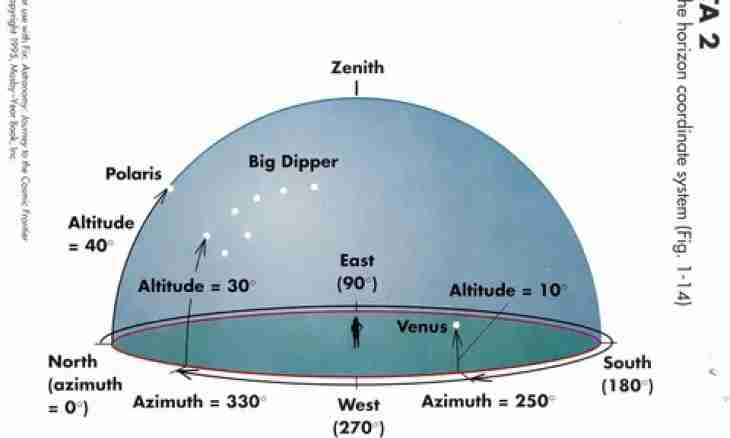The hermeneutics is an art, the doctrine about understanding and interpretation of texts which initial point is unclear because of their antiquity. The Greek word "germenevt" meaning "the teacher of understanding" occurred from Hermes who, according to myths, transferred to people of the message of the Olympic gods and interpreted their commands.
The hermeneutics arose in Ancient Greek philosophy as art of understanding of sayings of oracles and priests. Protestant theologians used this science as art of interpretation of sacred texts. In the Middle Ages of function of hermeneutics consisted only in commenting and interpretation of the Bible. Renaissance was an important stage in development of art of understanding. At that time the hermeneutics becomes method of the translation of antique works on national languages.
Formation of science as independent discipline happened in the period of the Reformation. If the Catholic theology relied on traditional interpretation of the Scripture, then Protestants denied its sacral status, it ceased to serve as a canon of interpretation of the Bible.
In the 19th century the hermeneutics becomes the most important method of historical knowledge. The general theories of interpretation were put by the German philosopher and the theologian Friedrich Schlejermacher. Its hermeneutics was, first of all, art of understanding of others identity. The main procedure was germenevt "vzhivaniye" to the sincere world of the author. In the middle of the 20th age of work of the European filosoyof of M. Heidegger and G. Gadamer turned hermeneutics from a method of the humanities into philosophical doctrine. Understanding was considered not only as a way of knowledge, but also as a way of life. According to them, the hermeneutics is not limited to methodological issues of interpretation of works of last culture, it is related to fundamental structures of human existence, the attitude towards reality and by the basic moments of communication with other people. Supporters of theoretical (traditional) hermeneutics were skeptical about her philosophical understanding. Traditional germenevt Emilio Bettie created the comprehensive work "General Theory of Interpretation" transferred to all main European languages in 1955. His understanding of the text included the following stages - recognition, reproduction and application. - planing the purpose of traditional hermeneutics, methodically verified reconstruction of sense which was enclosed in the text by the author. Distinguish the main forms of hermeneutics: - theological hermeneutics - interpretation of sacred sources; - philological (theoretical) hermeneutics - theoretically reasonable, methodological interpretation of texts (an example of such hermeneutics - the translation of the text from one language on another); - legal hermeneutics - interpretation of legal meaning of any law in relation to a specific case; - universal (philosophical) hermeneutics - science about spirit, universal aspect of philosophy.

